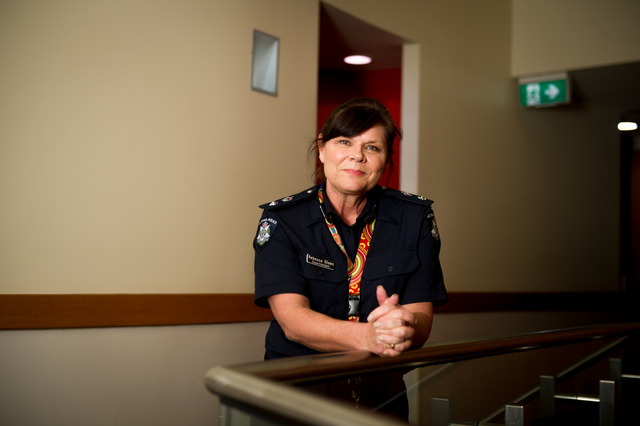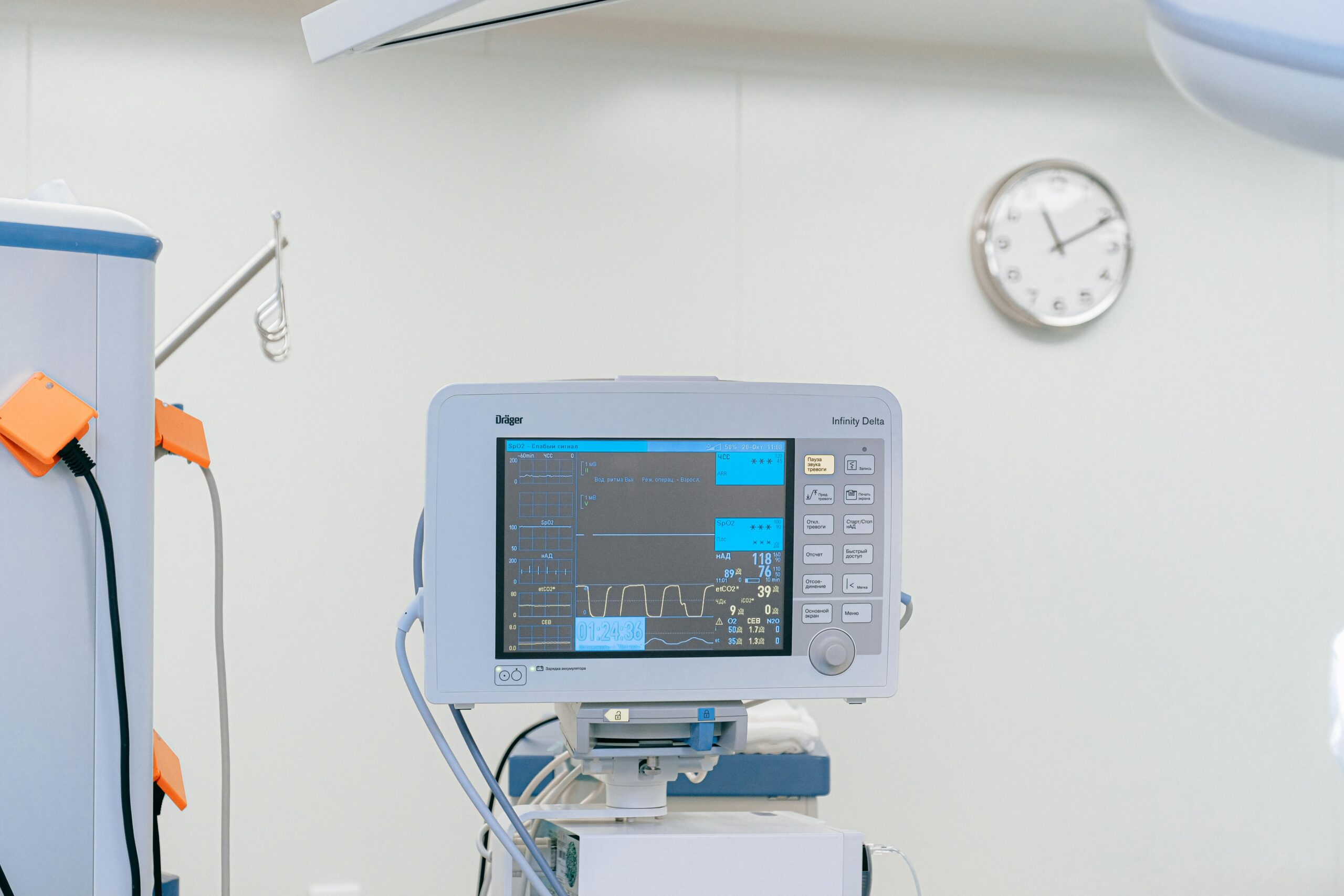
Recent research suggests that consuming very hot beverages may significantly increase the risk of developing oesophageal cancer. Studies have shown that drinking liquids above a certain temperature, specifically over 65°C, can be harmful to health. This information comes from the International Agency for Research on Cancer, which classified such drinks as “probably carcinogenic to humans” in 2016.
The connection between hot beverages and cancer primarily relates to the esophagus, or food pipe. While evidence linking hot drinks to throat cancer remains unclear, a substantial body of research indicates a correlation with oesophageal cancer. In particular, the agency’s report highlighted the risks associated with traditional drinks such as maté, which is commonly consumed at temperatures around 70°C.
A recent large-scale study conducted in the United Kingdom included nearly half a million adults and further confirmed this association. The findings revealed that individuals who consumed more than eight cups of very hot tea or coffee daily were almost six times more likely to develop oesophageal cancer compared to those who did not consume hot drinks. This striking statistic underscores the importance of temperature in beverage consumption.
The mechanism by which hot drinks may lead to cancer involves damage to the cells lining the oesophagus. Research conducted nearly 90 years ago initially proposed this link, and subsequent studies have supported the theory. Animal studies, including one from 2016, indicated that mice exposed to very hot water were more prone to developing precancerous growths in the oesophagus than those given cooler water.
Another contributing factor is the potential for heat damage to weaken the oesophageal lining, making it more susceptible to injury from gastric acid reflux over time. Chronic damage of this nature may elevate the risk of cancer development.
Interestingly, the volume of hot liquid consumed at once also plays a role in risk assessment. Research indicates that consuming larger sips can raise the temperature inside the oesophagus significantly, leading to greater potential for heat injury. For example, a sip of 20 millilitres of coffee at 65°C can increase the oesophageal temperature by up to 12°C. Thus, while occasional small sips may not pose a significant threat, habitual consumption of large amounts of very hot drinks could increase cancer risk over time.
Considering these findings, what constitutes a safe temperature for drinking hot beverages? Standard brewing temperatures for coffee often approach the boiling point of water, with takeaway drinks sometimes served near 90°C. However, a study from the United States suggests an optimal temperature of 57.8°C for coffee, balancing the risk of heat injury with the preservation of flavor.
To mitigate potential risks, experts recommend allowing hot drinks to cool before consuming them. A cooling period of just five minutes can reduce the temperature of a hot drink by 10–15°C. Taking smaller sips also helps to assess the drink’s temperature and reduce the likelihood of heat injury to the oesophagus.
According to Vincent Ho, Associate Professor and Clinical Academic Gastroenterologist at Western Sydney University, it is crucial to enjoy hot drinks at a safer temperature to minimize health risks. This research serves as a reminder to be mindful of beverage temperatures in daily routines, as small adjustments could significantly impact long-term health.







